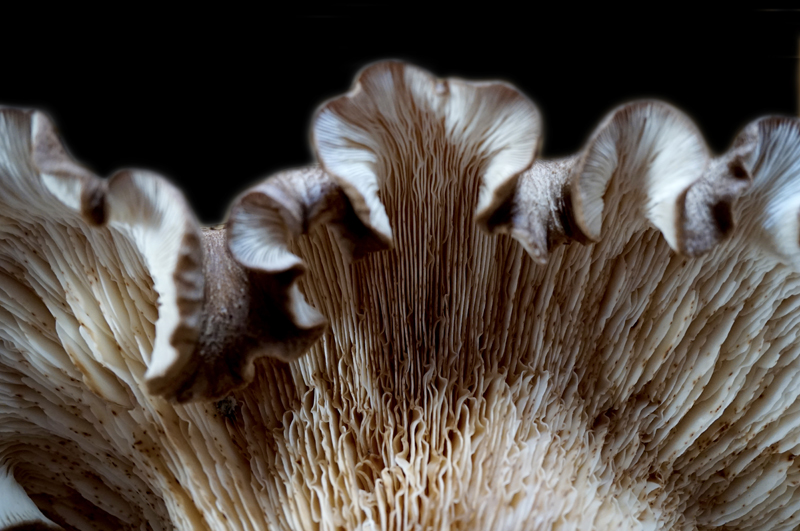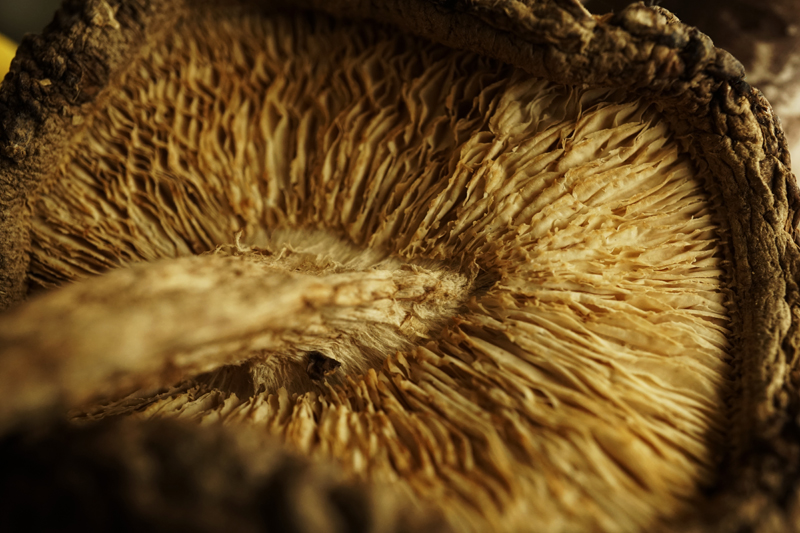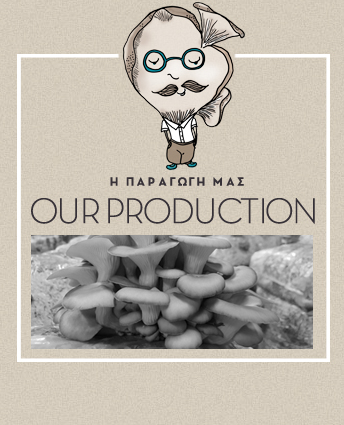Nutritional Value of Mushrooms
Mushrooms are fungi, which are so unique in nature that they are regarded as their own kingdom, different from plants and animals. Mushrooms, while usually classified as vegetables in dietary guidelines, are not vegetables due to their cellular arrangement and composition, which includes chitin and ergosterol.
Mushrooms are high in B vitamins like riboflavin, niacin, and pantothenic acid, which aid in energy production by breaking down proteins, lipids, and carbohydrates2. B vitamins play a crucial role in the neurological system. Pantothenic acid aids in hormone production as well as nervous system function2. Riboflavin promotes healthy red blood cells2. Niacin promotes healthy skin and ensures the digestive and neurological systems are functioning properly2.
Mushrooms also contain critical minerals:
Selenium is a mineral that acts as an antioxidant, protecting body cells from damage that could lead to heart disease, some malignancies, and other age-related diseases2. It has also been discovered to be vital for the immunological system.
Ergothioneine is a naturally occurring antioxidant that also may help protect the body’s cells. Mushrooms provide 2.8-4.9 mg of ergothioneine per serving of mushrooms.
Copper helps make red blood cells, which carry oxygen throughout the body. Copper also helps keep bones and nerves healthy2. Potassium is an important mineral many people do not get enough of. It aids in the maintenance of normal fluid and mineral balance, which helps control blood pressure. It also plays a role in making sure nerves and muscles, including the heart, function properly2.
Mushrooms have 98-376 mg of potassium per 84 gram serving, which is 3-11 percent of the Daily Value4.
Beta-glucans, found in numerous mushroom species, have shown marked immunity-stimulating effects, contribute to resistance against allergies and may also participate in physiological processes related to the metabolism of fats and sugars in the human body. The beta-glucans contained in oyster, shiitake and split gill mushrooms are considered to be the most effective6.

Antioxidants and Immunity
Mushrooms are the leading source of the essential antioxidant selenium in the produce aisle. Antioxidants, like selenium, protect body cells from damage that might lead to chronic diseases. They help to strengthen the immune system, as well2. In addition, mushrooms provide ergothioneine, a naturally occurring antioxidant that may help protect the body’s cells.
Weight Management/Satiety
Mushrooms are hearty and filling. Preliminary research suggests increasing intake of low-energy-density foods (meaning few calories given the volume of food), specifically mushrooms, in place of high-energy-density foods, like lean ground beef, can be an effective method for reducing daily energy and fat intake while still feeling full and satiated after the meal7.

Mushrooms and vitamin D
Numerous scientific studies demonstrated the crucial role of vitamin D in human health since its absence is associated with osteoporosis, cardiovascular disease, diabetes, hypertension, multiple sclerosis, rheumatoid arthritis, tumor appearance, autoimmune disorders etc. Vitamin’s D deficiency is epidemic and constitutes a global health problem, which is mainly attributed to limited exposure to sunlight and consumption of food with low pertinent content.
Mushrooms are the only non-animal source of vitamin D, and they are also rich in several other essential constituents like β-glucans and antioxidants. Fungal cell walls contain ergosterol which is transformed through UV irradiation to ergocalciferol (vitamin D2); hence, mushroom consumption could replace vitamin D intake usually accomplished by food supplements or pills. The mushroom cultivation process is a controlled bioconversion (solid state fermentation) of a wide range of agricultural residues and agro-industrial by-products to edible biomass with high nutritional value. Of significant interest are recent research findings of this proposal’s participants, demonstrating that the composition of cultivation substrates exerts a significant effect on mushroom’s content in bioactive compounds.

DIRFIS MUSHROOMS complies with the new Regulation (EU) No 1169/2011 concerning the disclosure of food information to consumers. The duty to disclose nutritional information began on December 13, 2016.http://eur-lex.europa.eu/legal-content/en/ALL/?uri=CELEX:32011R1169. DIRFIS MUSHROOMS data analysis takes place in a licensed laboratory. Furthermore, a wide range of other nutrients and vitamins are being studied at the universities with which we collaborate.



























